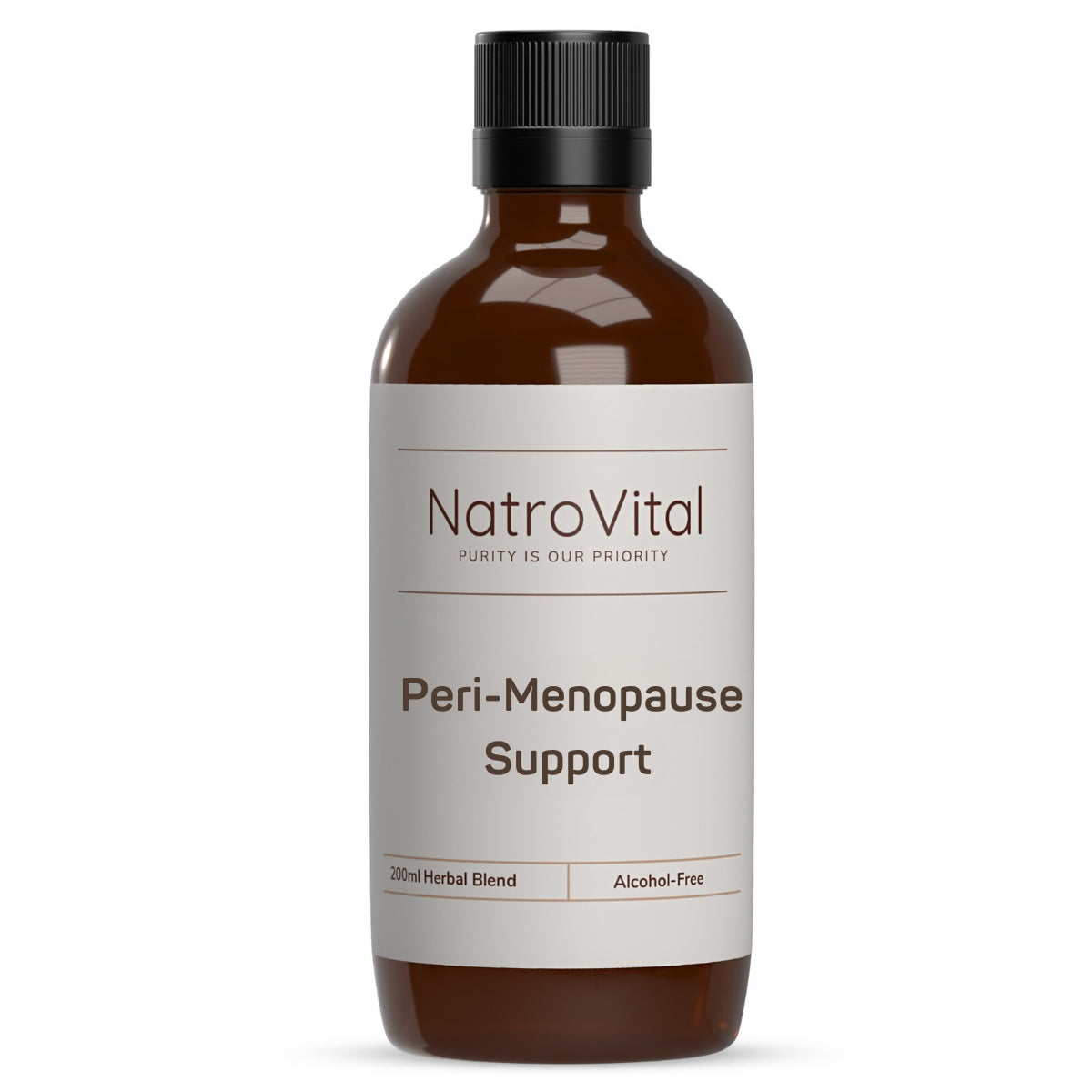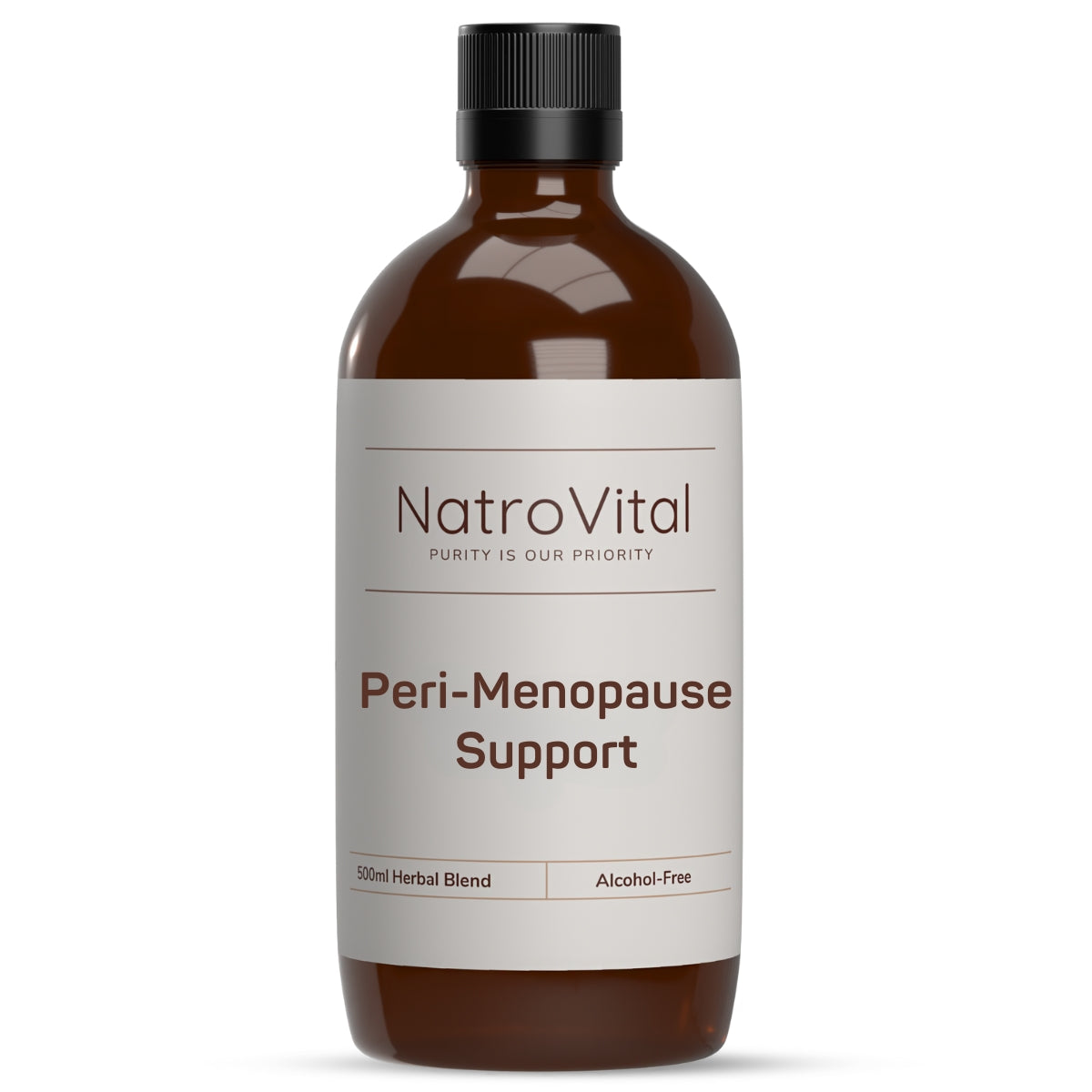Best Collagen Powder ever.
I’ve been buying this one for a while now and I tell everyone I know to purchase this brand.
Helped with energy levels and reduced symptoms within a week.
Hi Lisa,
Thanks so much for taking the time to leave a review — we really appreciate it. We’re glad to hear the Liver Detox has been a good fit for you and that you’ve felt a lift in energy so quickly. Thanks again for supporting a small Aussie brand. 🙏
Great product. Keeping my eGfr in a good range and love that it is alcohol free.
Really happy with this product for natural pain and inflammation relief. Both my husband and I use this every day.








